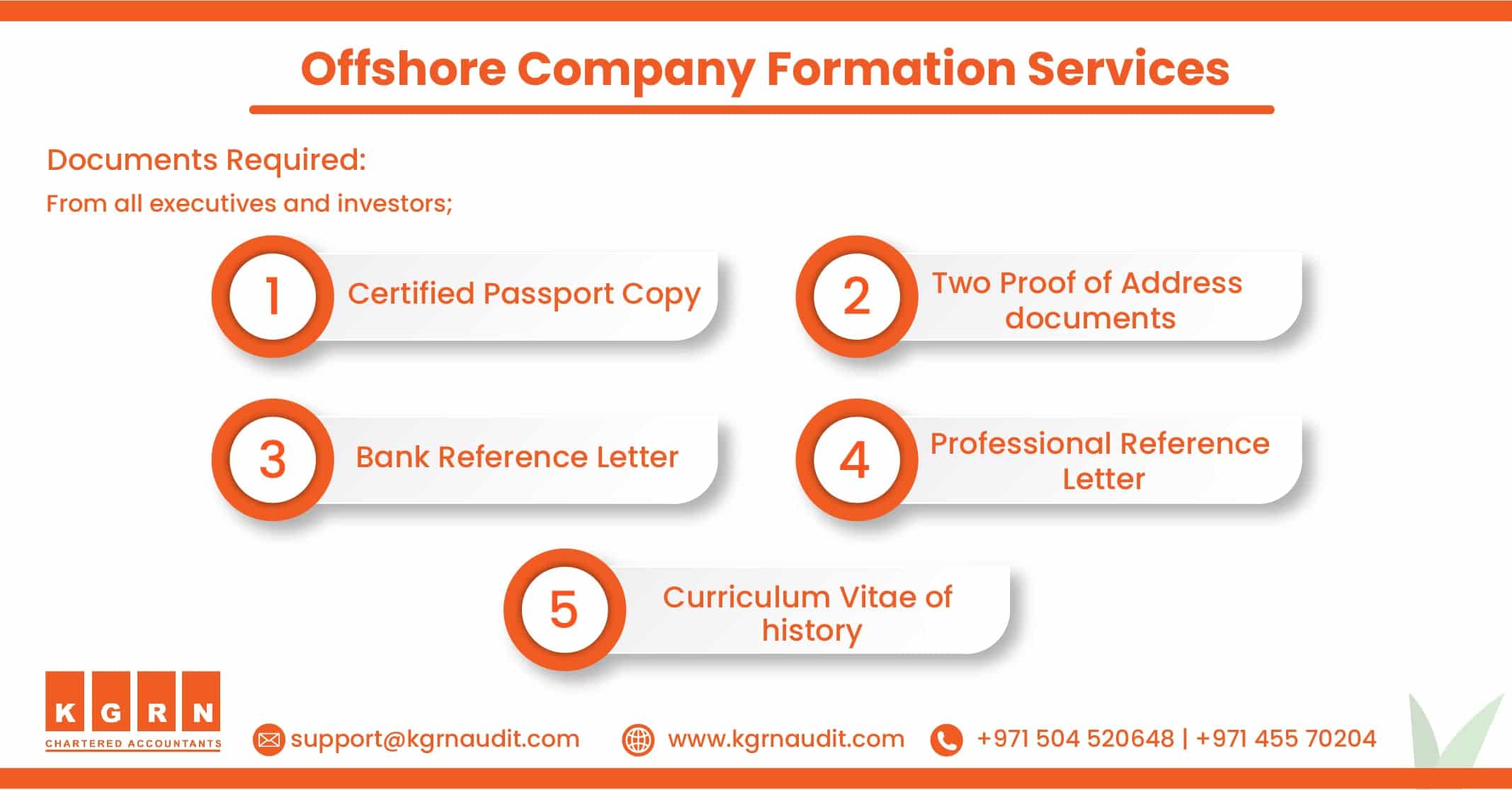Offshore Firm Development Demystified: Trick Considerations and Ideal Practices
Browsing the complexities of overseas business formation needs a keen understanding of numerous elements that can significantly affect the success and validity of such endeavors. From picking the ideal lawful jurisdiction to diligently examining the tax effects, each step holds important significance at the same time. Business structuring, compliance with governing demands, and mindful factor to consider of banking and economic aspects are all crucial elements that require thoughtful consideration. As the details of establishing an offshore firm unfold, a critical method assisted by finest techniques becomes extremely important in making sure a smooth and lawfully sound operation.
Legal Territory Choice
Choosing the suitable legal jurisdiction is an essential choice when developing an overseas business, as it considerably influences the regulatory framework within which the entity will run. Different territories supply differing levels of tax performance, governing requirements, privacy defenses, and political security. The selection of jurisdiction must line up with the specific objectives and needs of the overseas business.

Furthermore, the governing setting of a jurisdiction is crucial. Some territories have rigorous monetary guidelines and compliance requirements, which can be challenging for particular types of services. On the other hand, more lenient governing settings may use adaptability yet could likewise pose threats in regards to reputation and legality.
Tax Obligation Implications Evaluation
Taking into consideration the tax obligation ramifications is an essential element of establishing an overseas company as it straight influences the monetary structure and operational techniques of the entity - offshore company formation. Among the key factors companies opt for overseas firm development is to gain from positive tax routines. Performing a thorough tax effects evaluation is vital to make certain compliance with local and international tax obligation regulations while maximizing tax efficiency. Aspects such as company tax prices, withholding tax obligations, value-added tax (BARREL), and tax treaties in between jurisdictions must be meticulously assessed. In addition, understanding the effects of controlled international corporation (CFC) guidelines and transfer prices laws is necessary to avoid and mitigate prospective threats tax evasion accusations. Functioning carefully with tax experts or experts that focus on worldwide tax matters can provide valuable insights and guidance in structuring the overseas firm in a tax-efficient manner. By his comment is here proactively dealing with tax obligation factors to consider during the formation procedure, services can optimize their tax obligation commitments and boost overall monetary efficiency.
Business Structure Preparation
Reliable business framework preparation plays a pivotal duty in the effective establishment and operation of an offshore firm. When structuring an offshore entity, crucial aspects such as property protection, tax obligation performance, and functional flexibility should be carefully thought about. One typical approach is to develop a holding business in a jurisdiction with positive tax legislations to hold the properties of the running firm, which may be found in a different jurisdiction for operational objectives. This splitting up can assist maximize and reduce dangers tax obligation planning strategies.

In addition, the option of business structure, whether it be a minimal obligation firm, a company, or a depend on, can considerably influence the overall success of the overseas endeavor. By meticulously intending the business framework, overseas business can boost their functional performance, shield their properties, and optimize their tax responsibilities.
Compliance and Governing Requirements
What are the crucial conformity and governing needs associated with developing and running an offshore business? When setting up an overseas company, it is important to stick to the regulatory frameworks of both the overseas jurisdiction and the home nation of the business owners.
In addition, understanding and conforming with worldwide regulations, such as anti-money laundering (AML) and know your customer (KYC) needs, are important for offshore companies to avoid illegal activities. Due diligence in validating the identifications of helpful proprietors and making certain transparency in business procedures are critical components of governing compliance.
To browse these intricacies successfully, engaging with lawful and financial experts with knowledge in overseas regulations is highly recommended. Remaining updated on transforming regulative landscapes and proactively look at here dealing with compliance problems can assist overseas companies run lawfully and morally while maximizing their service potential.
Financial and Economic Considerations
When developing an overseas company, cautious attention to financial and economic factors to consider is vital for making sure operational efficiency and governing conformity. Offshore companies often pick financial institutions in jurisdictions known for their security, monetary infrastructure, and favorable policies.
Some overseas territories have stringent financial secrecy laws, which might impact the circulation of information in between the business, its shareholders, and the bank. By carefully browsing the financial and monetary landscape, offshore business can develop a solid economic structure for their operations.

Final Thought
In conclusion, overseas company development includes mindful factor to consider of lawful territory, tax ramifications, business framework, conformity, and banking considerations. By dealing with these crucial variables and adhering to best techniques, businesses can establish offshore entities successfully. It is important to follow regulative requirements and make sure monetary transparency to keep reputation and reduce risks. In general, comprehensive preparation and adherence to lawful and monetary standards are important for an effective offshore business formation procedure.
Considering the tax implications is a fundamental facet of establishing an overseas business as it directly impacts the economic structure and operational approaches of the entity. Working carefully with tax obligation experts or experts that specialize in worldwide tax obligation issues can provide beneficial insights and support in structuring the offshore business in a tax-efficient manner. One typical strategy is to develop a holding company in a jurisdiction with beneficial tax obligation laws to hold the assets of the running firm, which my website may be found in a various territory for functional functions. When setting up an overseas firm, it is vital to stick to the regulatory frameworks of both the overseas jurisdiction and the home nation of the company proprietors.In final thought, offshore company development includes cautious factor to consider of legal territory, tax ramifications, company structure, compliance, and financial considerations.